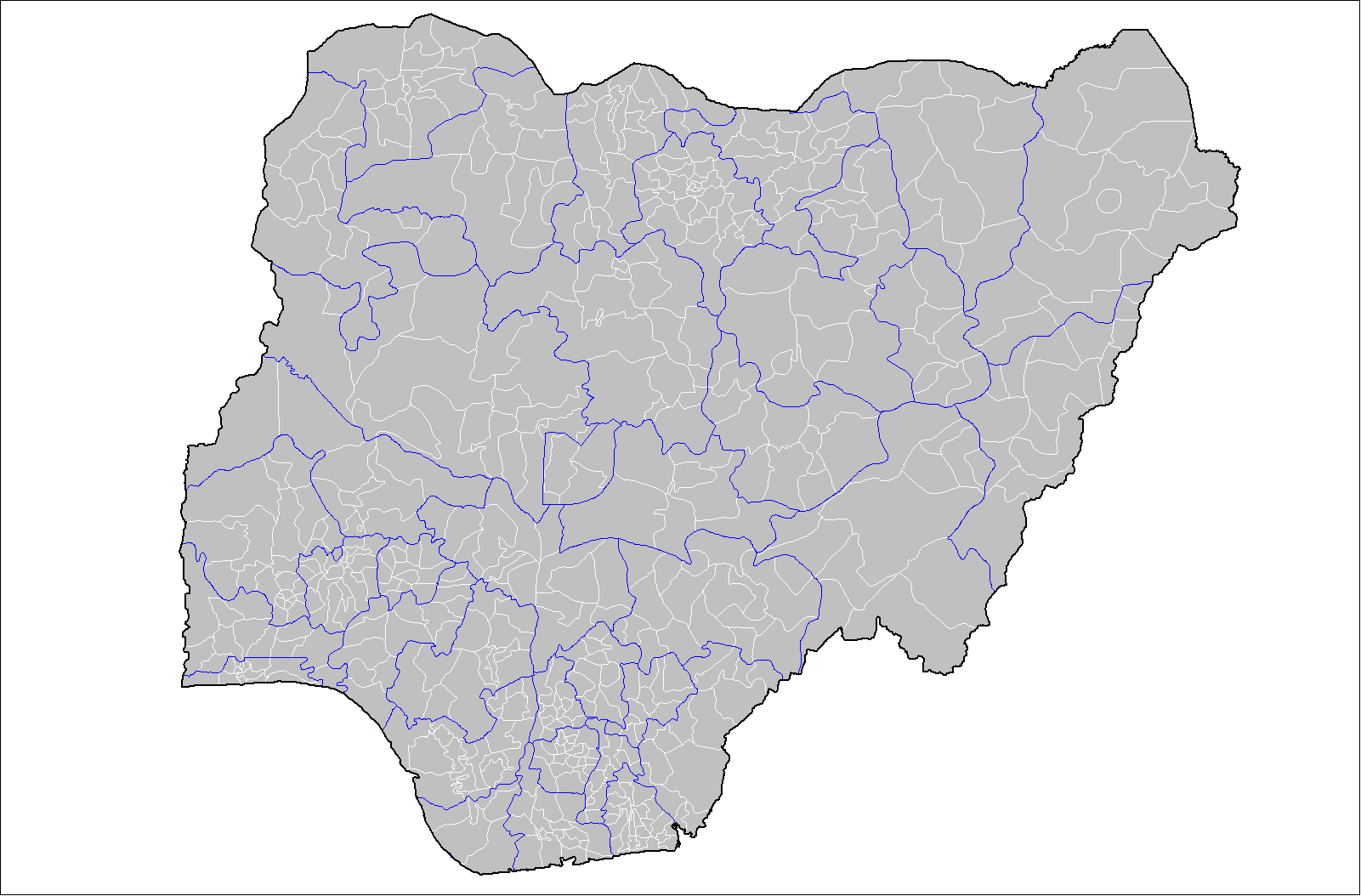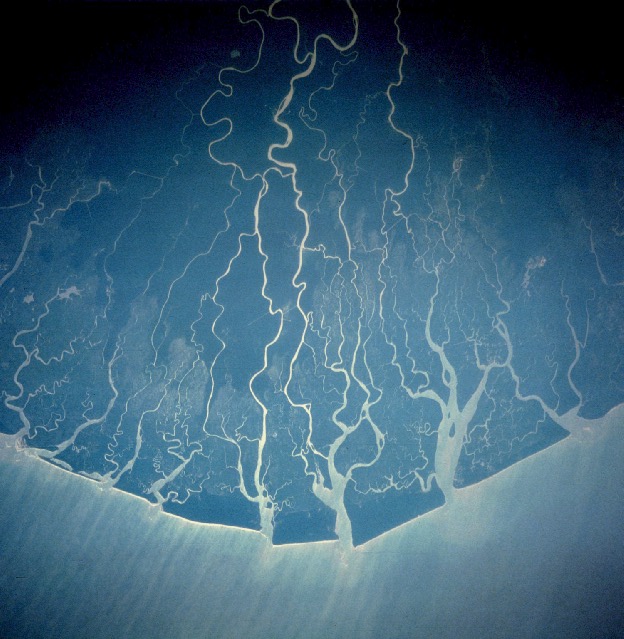|
Etche
The Etche Tribe are indigenous people found in Rivers State. Presently, its people make up Etche and Omuma, two of the 23 Local Government Areas of Rivers State. They are part of the 13 federal constituencies representing River State in Nigeria's National Assembly and part of the Rivers East Senatorial District. Its people are mostly farmers and businessmen, and they speak the Etche language. Okehi is the LGA Council Headquarters and political capital of Etche, while Eberi is the political capital of Omuma. There are 19 political wards in Etche and 10 in Omuma local government areas. There are several communities and towns in Etche, some of which include: Akwu/Obuor, Eberi, Amaji, Opiro, Chokocho, Umuakuru, Igboh, Egwi, Afara, Mba, Igbodo, Ofeh, Ohimogho, Obiohia, Umuogba, Umuajuloke Okehi, Obibi, Ozuzu, Isu, Odufor, Nihi, Okomoko, Ulakwo Umuselem, Umuakonu, Umuanyagu, Okoroagu, Obite, Umuoye, Igboh, Umuechem, Egbeke, Ndashi, Akwa, Akwukabi, Elelem, Owu, Umuaturu, Ogida ... [...More Info...] [...Related Items...] OR: [Wikipedia] [Google] [Baidu] |
Chokocho
Chokocho is a community in Etche Local Government Area in Rivers State, Nigeria near the Otamiri River. It has a population of about 18000 residents. The Chokocho bridge across the Otamiri, damaged during the Nigerian civil war, was rebuilt during the governorship of Peter Odili. The bridge on the Igwuruta – Okehi – Okpalla road is 60m x 11m (4 spans of 15m each), built by Setraco Nigeria Ltd and completed in December 2002. In March 2008, Ephraim Nwuzi of the Etche Local Government Area said he was going to complete "abandoned projects" like the cottage hospital at Chokocho. The Global Memorandum of Understanding initiated in 2005 by Shell Producing Company has provided development funds, administered by the Etche One Cluster Development Foundation. In 2007, the people of Chokocho chose to rehabilitate their water facilities and install electricity supply to the entire community. In August 2009, the foundation commissioned six rooms of lock-up shops in Chokocho Community. ... [...More Info...] [...Related Items...] OR: [Wikipedia] [Google] [Baidu] |
Rivers State
Rivers is a states of Nigeria, state in the Niger Delta region of southern Nigeria (Old Eastern Region). Formed on 27 May 1967, when it was split from the former Eastern Region, Nigeria, Eastern Region, Rivers State borders include Imo State, Imo and Anambra State, Anambra to the north, Abia State, Abia and Akwa Ibom State, Akwa Ibom to the east, and Bayelsa State, Bayelsa and Delta State, Delta to the west. The State capital, Port Harcourt, is a metropolis that is considered to be the commercial center of the Petroleum industry in Nigeria, Nigerian oil industry. With a population of 5,198,716 as of the 2006 census and an estimated population of 9,898,470 in 2024, Rivers State is the List of Nigerian states by population, 4th most populous state in Nigeria. Rivers State is a diverse state that is home to many ethnic groups including: Ikwerre people, Ikwerre, Degema, Nigeria, Degema, Ijaw people, Ijaw, Ogoni people, Ogoni, Ogba people, Ogba, Ekpeye, and Kalabari tribe, Kalabari. T ... [...More Info...] [...Related Items...] OR: [Wikipedia] [Google] [Baidu] |
Local Government Areas Of Nigeria
Nigeria has 774 local government areas (LGAs), each administered by a local government council consisting of a chairman, who is the chief executive, and other elected members, who are referred to as councillors. Each LGA is further subdivided into a minimum of ten and a maximum of twenty wards. A ward is administered by a councillor, who reports directly to the LGA chairman. The councillors fall under the legislative arm of the local government, Local Government, the third tier of government in Nigeria, below the state governments and the federal government. Functions The functions of local governments are detailed in the Constitution of Nigeria, Nigerian constitution and include the following: * Economic recommendations to the State. * Collection of taxes and fees. * Establishment and maintenance of cemeteries, burial grounds and homes for the destitute or infirm. * Licensing of bicycles, trucks (other than mechanically propelled trucks), canoes, wheelbarrows and carts. * Esta ... [...More Info...] [...Related Items...] OR: [Wikipedia] [Google] [Baidu] |
Niger Delta
The Niger Delta is the delta of the Niger River sitting directly on the Gulf of Guinea on the Atlantic Ocean in Nigeria. It is located within nine coastal southern Nigerian states, which include: all six states from the South South geopolitical zone, one state ( Ondo) from South West geopolitical zone and two states ( Abia and Imo) from South East geopolitical zone. The Niger Delta is a very densely populated region sometimes called the Oil Rivers because it was once a major producer of palm oil. The area was the British Oil Rivers Protectorate from 1885 until 1893, when it was expanded and became the Niger Coast Protectorate. The delta is a petroleum-rich region and has been the center of international concern over extensive pollution which is often used as an example of ecocide. The principal cause is major oil spills by multinational corporations of the petroleum industry. Geography The Niger Delta, as now defined officially by the Nigerian government, extends ove ... [...More Info...] [...Related Items...] OR: [Wikipedia] [Google] [Baidu] |
Shell Nigeria
Shell Nigeria is the common name for Shell plc's Nigerian operations carried out through four subsidiaries—primarily Shell Petroleum Development Company of Nigeria Limited (SPDC). Royal Dutch Shell's joint ventures account for more than 21% of Nigeria's total petroleum production ( (bpd) in 2009). The company has been controversial in communities in the Niger Delta, who point to its poor environmental record and that most of the economic benefit from oil exploitation has not benefited local communities. In particular, when, in 1993 the Movement for the Survival of the Ogoni People (MOSOP) organized large protests against Shell and the government, it led to repression of the local community. The company has been responsible for some significant oil spills in the Niger delta, and both Nigerian and European courts have held them liable for environmental destruction. One of the most significant cases was at one of Shell's oil extraction facilities located in the Ejama-Ebubu commu ... [...More Info...] [...Related Items...] OR: [Wikipedia] [Google] [Baidu] |
Eastern Nigeria
The Eastern Region was an political division, administrative region in Nigeria, dating back originally from the division of the colony Colony and Protectorate of Nigeria, Southern Nigeria in 1954. Its first capital was Calabar. The capital was later moved to Enugu (city), Enugu and the second capital was Umuahia. The region was officially divided in 1967 into three new states of Nigeria, states, the East-Central State, Rivers State and South-Eastern State, Nigeria, South-Eastern State. East-Central State had its capital at Enugu, which is now part of Enugu State. The region had the third-, fourth- and fifth-largest indigenous ethnic groups including Igbo people, Igbo, Ibibio and Ijaw people, Ijaw. It was what later became Biafra, which was in rebellion from 1967 to 1970. Geography The Eastern region of Nigeria was geographically located in Points of the compass, Southeastern Nigeria. It is Natural border, bordered by the Niger river in the West and has an administrative and cultur ... [...More Info...] [...Related Items...] OR: [Wikipedia] [Google] [Baidu] |
Human Rights Watch
Human Rights Watch (HRW) is an international non-governmental organization that conducts research and advocacy on human rights. Headquartered in New York City, the group investigates and reports on issues including War crime, war crimes, crimes against humanity, Child labour, child labor, torture, human trafficking, and Women's rights, women's and LGBTQ rights. It pressures governments, policymakers, companies, and individual abusers to respect human rights, and frequently works on behalf of refugees, children, migrants, and political prisoners. The organization was founded in 1978 as Helsinki Watch, whose purpose was to monitor the Soviet Union's compliance with the 1975 Helsinki Accords. Its separate global divisions merged into Human Rights Watch in 1988. The group publishes annual reports on about 100 countries with the goal of providing an overview of the worldwide state of human rights. In 1997, HRW shared the Nobel Peace Prize as a founding member of the International C ... [...More Info...] [...Related Items...] OR: [Wikipedia] [Google] [Baidu] |
Natural Gas
Natural gas (also fossil gas, methane gas, and gas) is a naturally occurring compound of gaseous hydrocarbons, primarily methane (95%), small amounts of higher alkanes, and traces of carbon dioxide and nitrogen, hydrogen sulfide and helium. Methane is a colorless and odorless gas, and, after carbon dioxide, is the second-greatest greenhouse gas that contributes to global climate change. Because natural gas is odorless, a commercial odorizer, such as Methanethiol (mercaptan brand), that smells of hydrogen sulfide (rotten eggs) is added to the gas for the ready detection of gas leaks. Natural gas is a fossil fuel that is formed when layers of organic matter (primarily marine microorganisms) are thermally decomposed under oxygen-free conditions, subjected to intense heat and pressure underground over millions of years. The energy that the decayed organisms originally obtained from the sun via photosynthesis is stored as chemical energy within the molecules of methane and other ... [...More Info...] [...Related Items...] OR: [Wikipedia] [Google] [Baidu] |
Natural Rubber
Rubber, also called India rubber, latex, Amazonian rubber, ''caucho'', or ''caoutchouc'', as initially produced, consists of polymers of the organic compound isoprene, with minor impurities of other organic compounds. Types of polyisoprene that are used as natural rubbers are classified as elastomers. Currently, rubber is harvested mainly in the form of the latex from the Hevea brasiliensis, Pará rubber tree (''Hevea brasiliensis'') or others. The latex is a sticky, milky and white colloid drawn off by making incisions in the bark and collecting the fluid in vessels in a process called "tapping". Manufacturers refine this latex into the rubber that is ready for commercial processing. Natural rubber is used extensively in many applications and products, either alone or in combination with other materials. In most of its useful forms, it has a large stretch ratio and high resilience and also is buoyant and water-proof. Industrial demand for rubber-like materials began to out ... [...More Info...] [...Related Items...] OR: [Wikipedia] [Google] [Baidu] |






